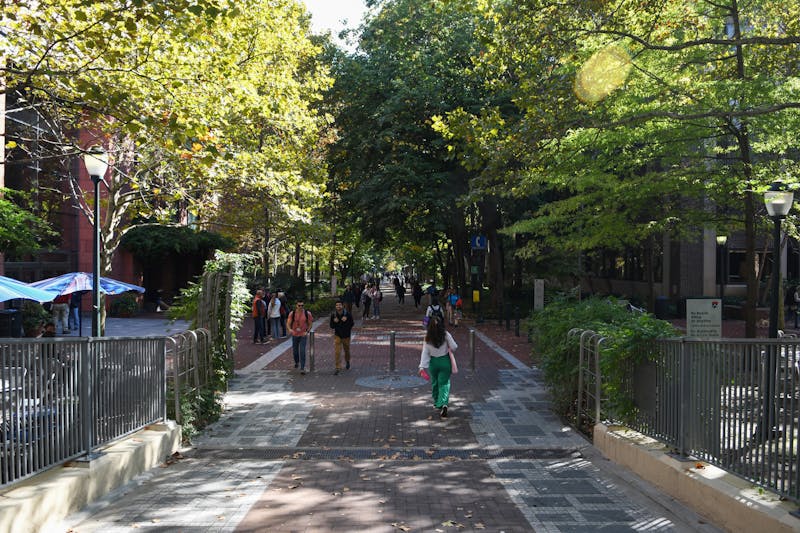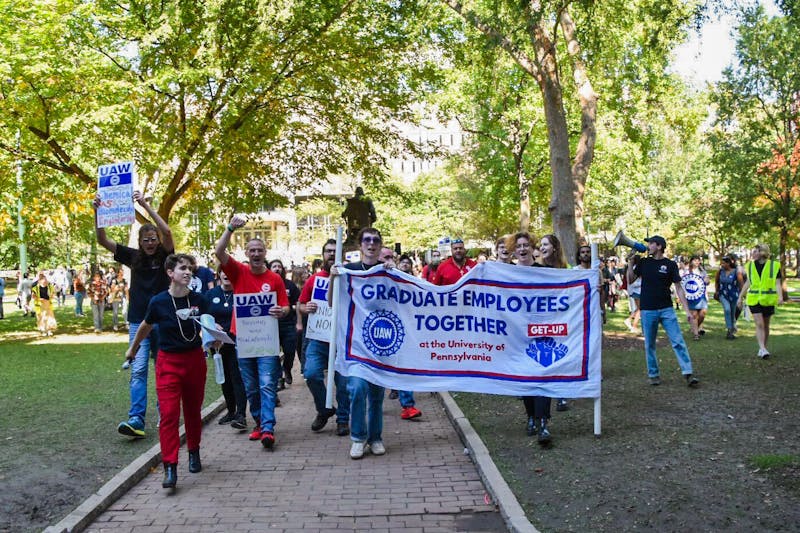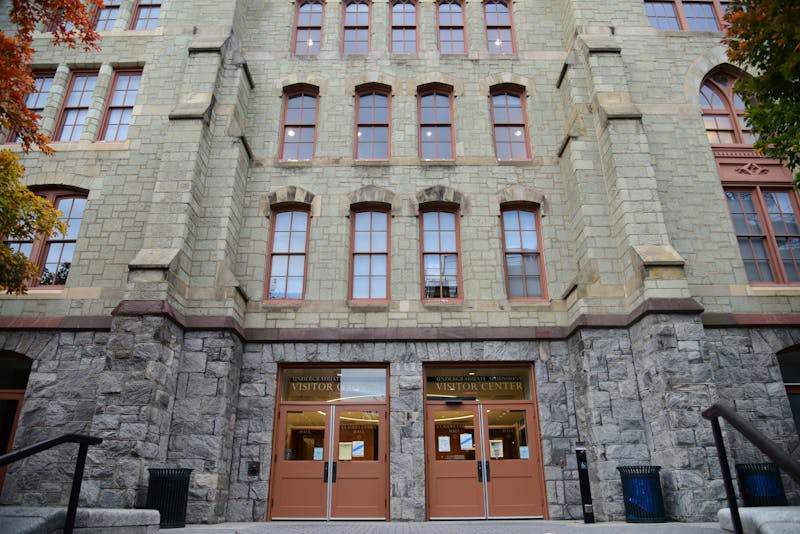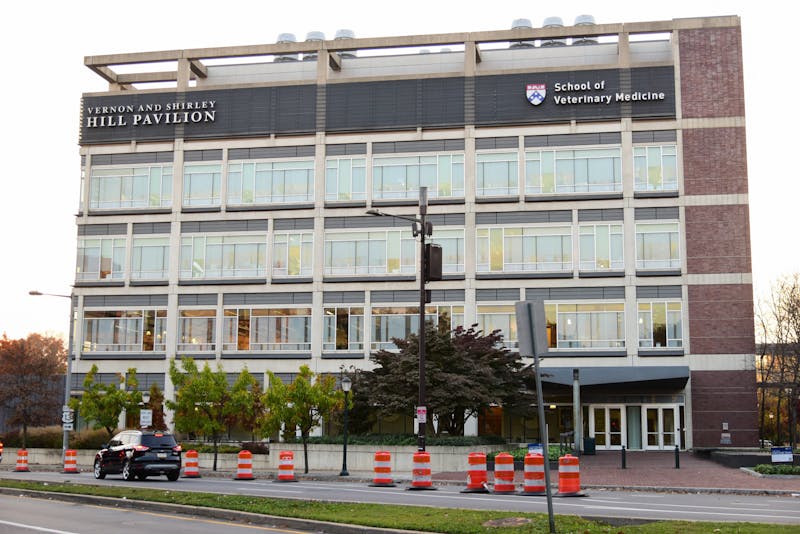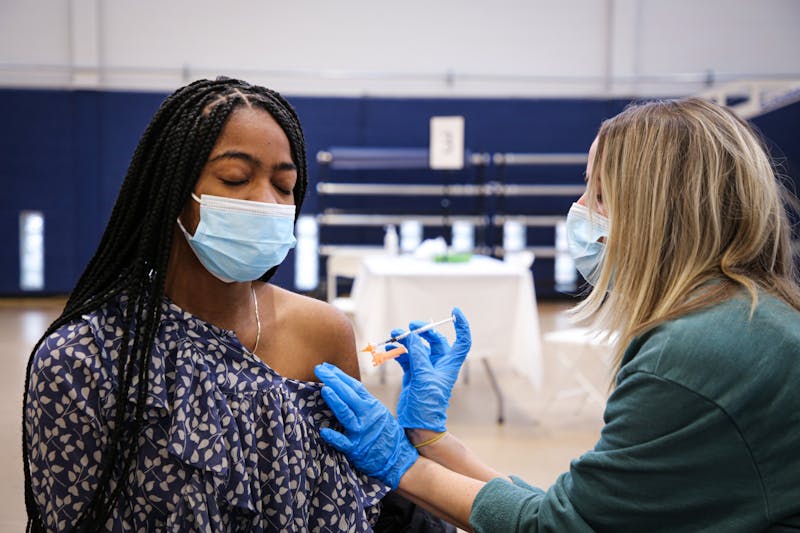
Dartmouth campus on Sep. 30, 2022.
Credit: Anna VazhaeparambilThree years after the introduction of name, image, and likeness deals, the next domino to fall in student-athlete efforts to be adequately compensated comes from the Ancient Eight.
On Monday, The National Labor Relations Board (NLRB) accepted the Dartmouth men’s basketball team's request to be labeled as employees of the University. The request was first made last year by the men's basketball team in hopes that a union would empower players to bargain for both working conditions and compensation.
As cited in Politico, The NLRB regional director in Boston concluded that coaches “control the work performed by the Dartmouth men’s basketball team, and the players perform that work in exchange for compensation.” This description aligns perfectly with the NLRB’s definition of an employee.
The NLRB has previously been petitioned to grant student-athletes working status to no avail. In 2015, the NLRB blocked the Northwestern football team’s petition, which cited similar reasoning, due to Northwestern playing in a conference made up of mostly public universities since the NLRB does not have jurisdiction over public universities. Dartmouth’s petition differs as its conference, the Ivy League, is only made up of other private universities. Additionally, the previously mentioned introduction of NIL strengthens the “employee status” of college athletes.
So what does this mean for Penn?
The university has recently seen strong unionization efforts throughout campus. Following RAs voting overwhelmingly to unionize, it is not far-fetched to believe athletes at Penn could be next following this monumental decision by the NLRB. Penn athletes may also desire to unionize to better maximize their NIL sharings. A union could guarantee that the compensation from NIL is evenly and correctly distributed amongst players. If Dartmouth moves forward with unionization efforts, this aspect may attract a greater number of recruits away from Penn and other universities. A union would be in the best interest of the current players at Penn and assist in bringing in the next generation of Quaker athletes.
Penn athletes have recently expressed their great frustration with the University’s decision to house them at Sansom House West during winter break. These unfavorable living conditions could have been avoided if an athletic union was able to negotiate with the University over living conditions. While this is a Penn-specific grievence, unfavorable decisions made on behalf of student-athletes throughout the country are not unique to Penn's campus. This decision, if upheld, will forever be pointed to as a crucial point in the fight for the fair treatment of student athletes.
The Daily Pennsylvanian is an independent, student-run newspaper. Please consider making a donation to support the coverage that shapes the University. Your generosity ensures a future of strong journalism at Penn.
Donate







